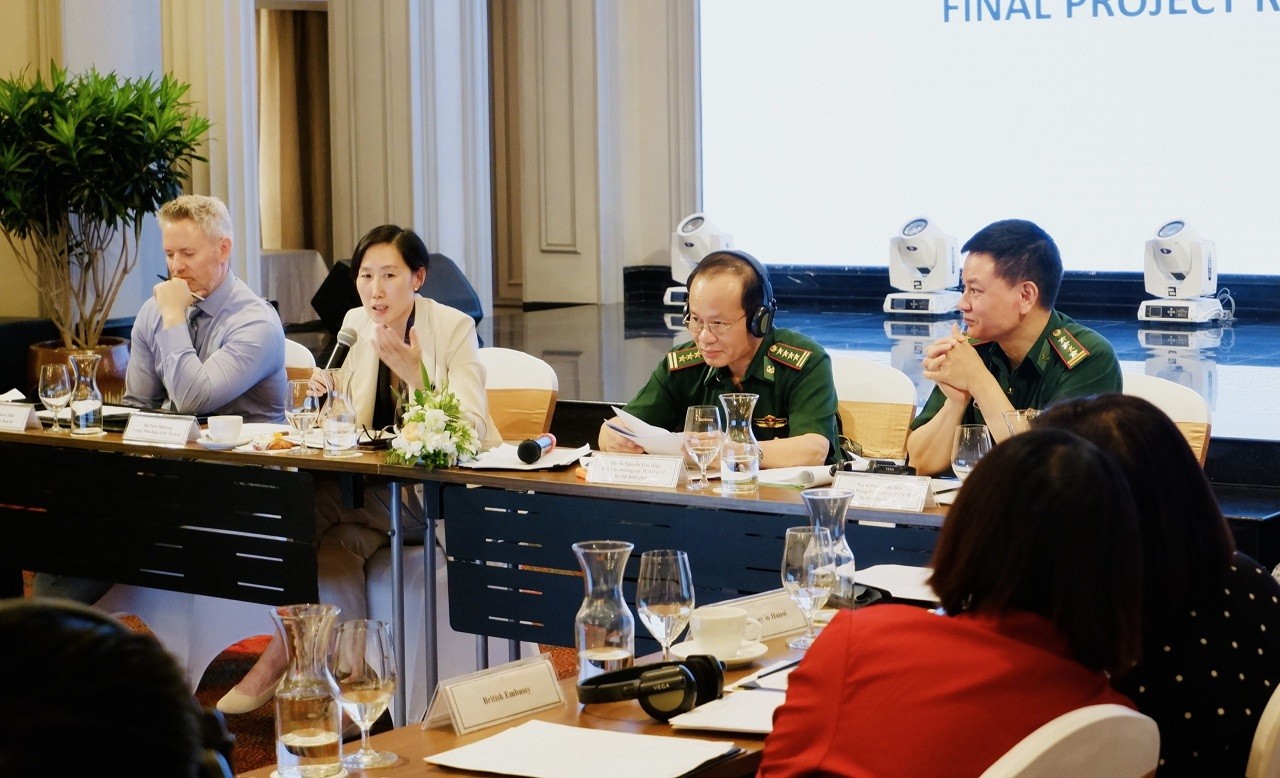 |
| Ms. Park Mihyung, Head of Mission of IOM in Vietnam, shared her pride in working with the Department of Drug and Crime Prevention, Vietnam Border Guard Command. (Source: IOM) |
The workshop was organized by the International Organization for Migration (IOM) in Vietnam in coordination with the Department of Drug and Crime Prevention and Control (PCMT&TP), Border Guard Command.
The project “Enhancing the capacity of frontline border officers in combating human trafficking” is funded by the International Narcotics and Law Enforcement Network (INL), US Department of State .
Border guards play a vital role in preventing and combating human trafficking and protecting and assisting victims of trafficking. With responsibility for monitoring 4,639km of land borders and 3,444km of coastline, border guards are at the forefront of the fight against cross-border crime. They are the first, and sometimes the only, law enforcement agency to interact with victims of trafficking.
After 3 years of implementation, the Project has achieved many encouraging results, contributing to improving the capacity of border guards, especially frontline officers in border areas, in detecting, investigating and handling human trafficking cases, as well as in identifying, protecting and supporting victims of trafficking.
Within the framework of the Project, the “Training on Prevention and Combat of Human Trafficking and Victim Protection” document set was developed by the Border Guard Command and approved by the Ministry of National Defense for use in training activities for frontline officers.
The documents have been printed and delivered to border guards and Border Guard Academy officers and soldiers in 12 provinces participating in the Project. In addition, the Document Set has been used in 12 training courses for 436 frontline border guards in 12 key provinces in the North and South.
The project also organized a workshop for officers and soldiers to share effective handling methods, professional skills and practical experiences that have been applied in the process of investigating and prosecuting human trafficking cases.
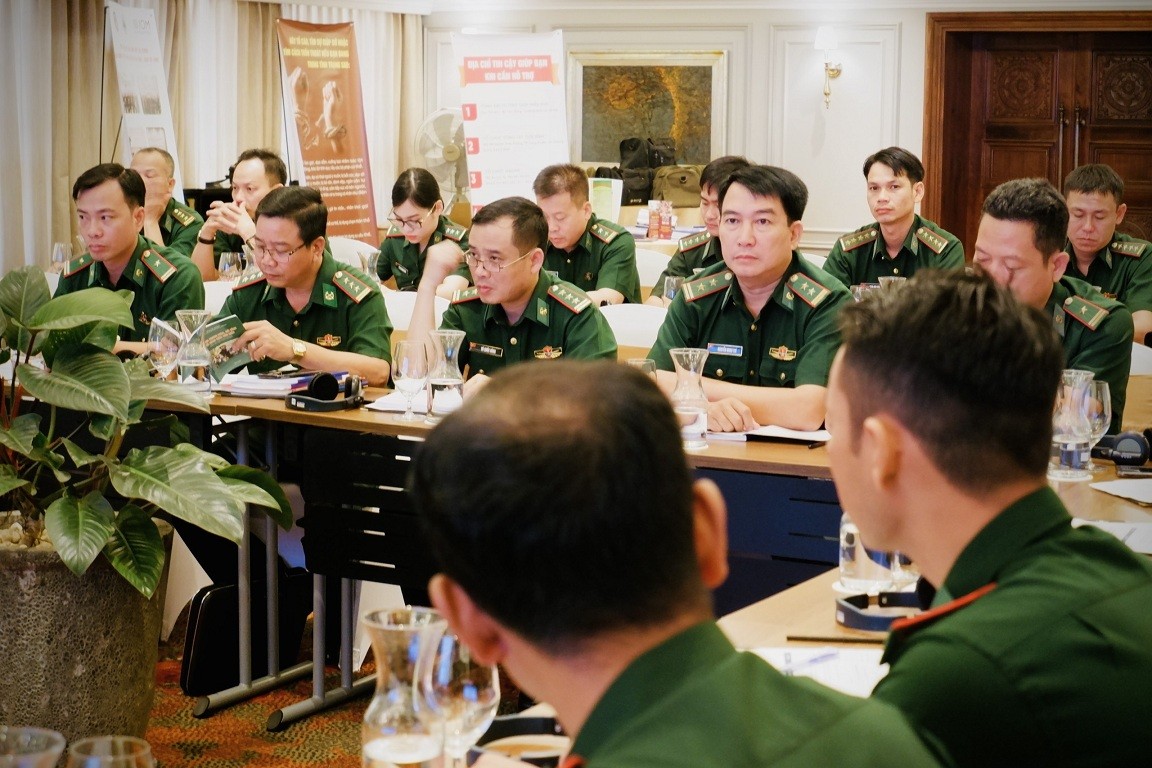 |
| After 3 years of implementation, the Project has achieved many encouraging results, contributing to improving the capacity of border guards, especially frontline officers in border areas, in detecting, investigating and handling human trafficking cases, as well as in identifying, protecting and supporting victims of trafficking. (Source: IOM) |
Speaking at the workshop, IOM Head of Mission in Vietnam Park Mihyung expressed strong support for this Project from the very beginning and shared her pride in cooperating with the Department of Drug and Crime Prevention, Vietnam Border Guard Command in strengthening the capacity of the border guard force, the frontline force in receiving, protecting and identifying returned victims of trafficking.
Ms. Park Mihyung emphasized: "On the IOM side, we can also carry out one of our important tasks, which is to support and facilitate the flow of people moving across the border safely and orderly, while at the same time, contributing to ensuring border security and supporting the border guards in carrying out their tasks."
According to the IOM Chief of Mission in Vietnam, human trafficking is a global problem that requires close and effective coordination. This project is an important part of IOM's support to the Government of Vietnam not only to strengthen border management but also to contribute to the implementation of the objectives of the National Programme on Prevention and Combating Trafficking in Persons 2021-2025 and the Global Compact for Safe, Orderly and Regular Migration, of which Vietnam is an active member.
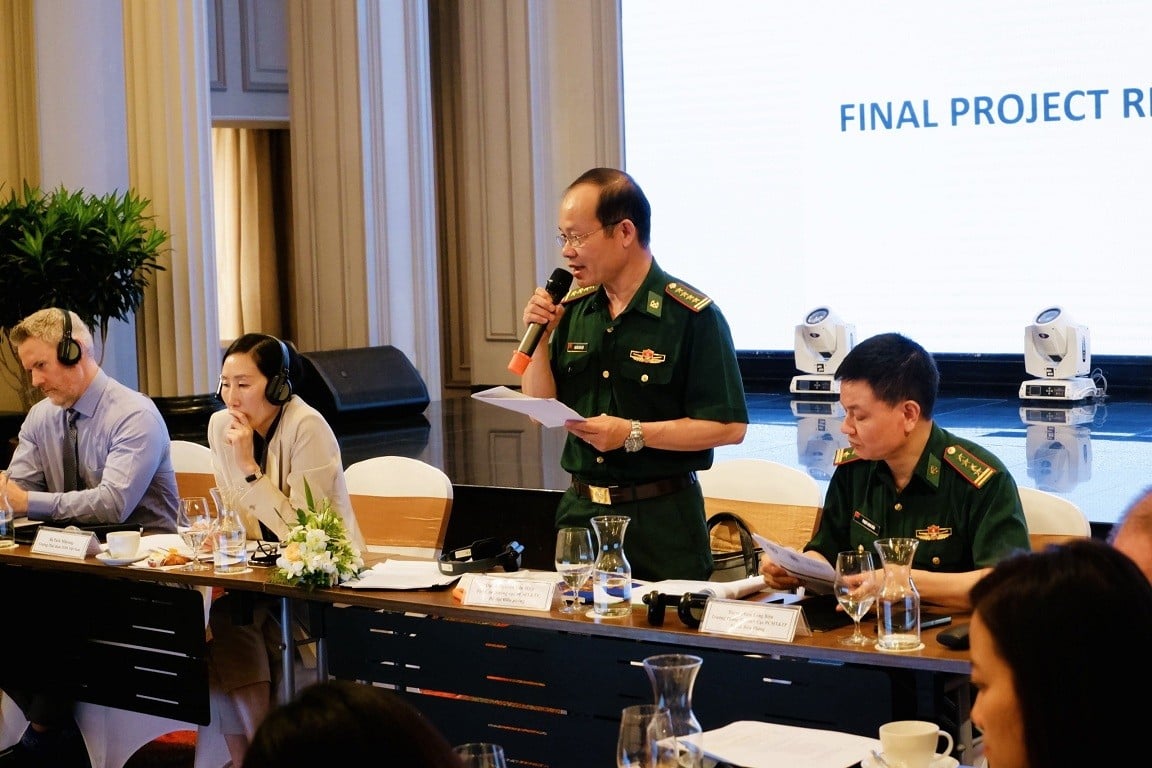 |
| Colonel Nguyen Van Hiep, Deputy Director of the Department of Drug and Crime Prevention, Border Guard Command, spoke at the Workshop. (Source: IOM) |
IOM coordinated with the Department of Drug and Crime Prevention to conduct end-of-course evaluation activities in 6 key provinces including An Giang, Kien Giang, Tay Ninh, Ba Ria - Vung Tau, Cao Bang and Lang Son.
The assessment results not only help collect information on trends and methods of human trafficking and illegal immigration in border areas, but also show difficulties and problems related to processes and procedures in investigating cases and protecting and supporting victims of trafficking.
Many useful ideas and recommendations were also proposed to provide solutions to current challenges, and to help IOM and the Department of Drug and Crime Prevention develop appropriate intervention activities in the coming time.
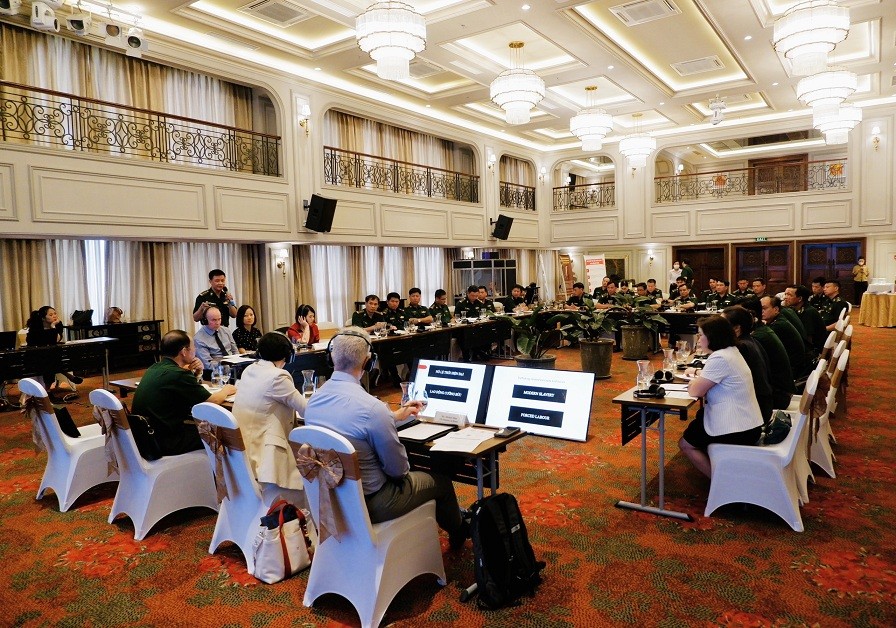 |
| Overview of the Workshop. (Source: IOM) |
Source


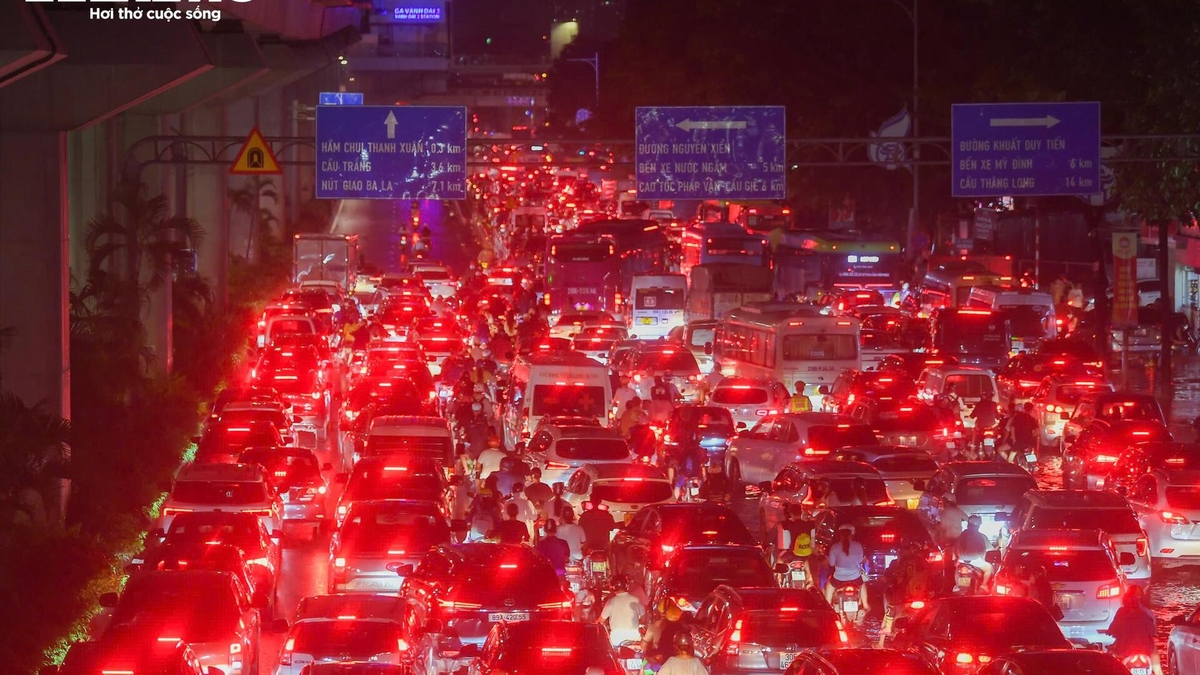
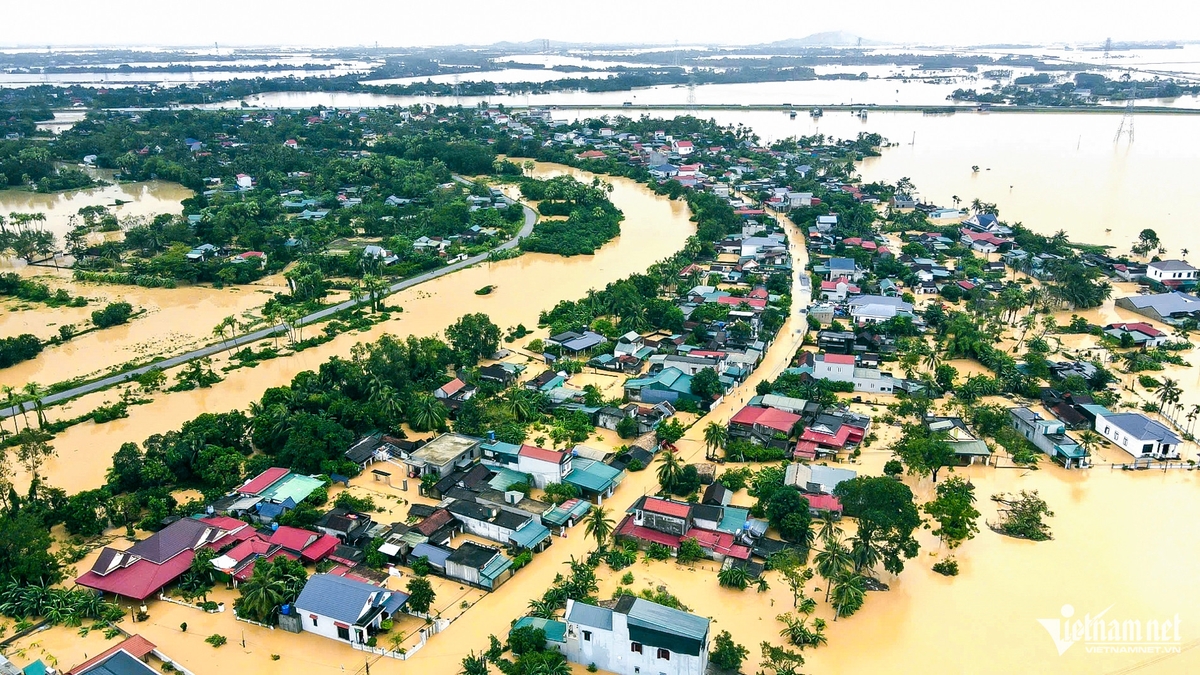
![[Photo] President Luong Cuong receives President of the Cuban National Assembly Esteban Lazo Hernandez](https://vphoto.vietnam.vn/thumb/1200x675/vietnam/resource/IMAGE/2025/9/30/4d38932911c24f6ea1936252bd5427fa)
![[Photo] Panorama of the cable-stayed bridge, the final bottleneck of the Ben Luc-Long Thanh expressway](https://vphoto.vietnam.vn/thumb/1200x675/vietnam/resource/IMAGE/2025/9/30/391fdf21025541d6b2f092e49a17243f)

![[Photo] The 1st Congress of Phu Tho Provincial Party Committee, term 2025-2030](https://vphoto.vietnam.vn/thumb/1200x675/vietnam/resource/IMAGE/2025/9/30/1507da06216649bba8a1ce6251816820)


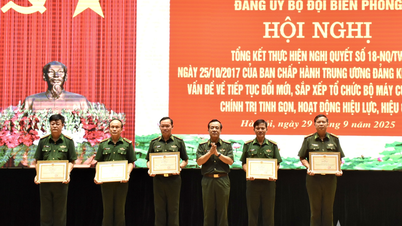

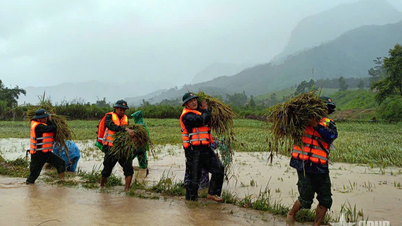
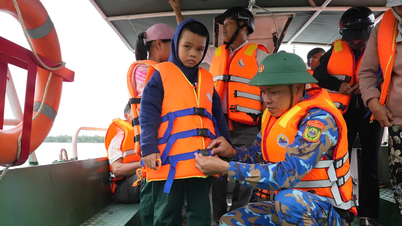




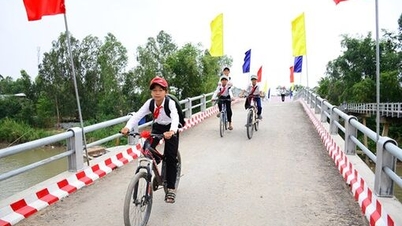







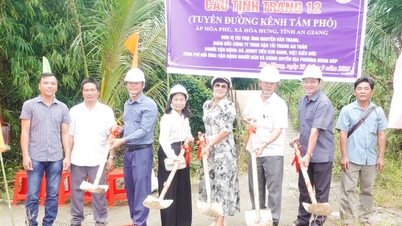











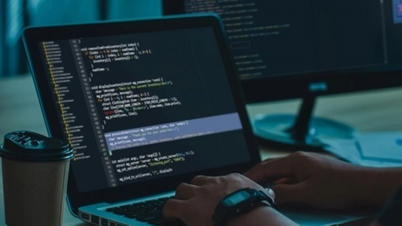
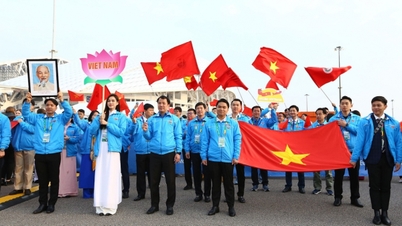
![[Photo] Solemn opening of the 12th Military Party Congress for the 2025-2030 term](https://vphoto.vietnam.vn/thumb/1200x675/vietnam/resource/IMAGE/2025/9/30/2cd383b3130d41a1a4b5ace0d5eb989d)





























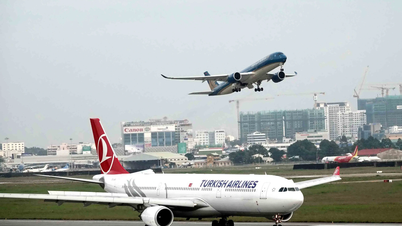
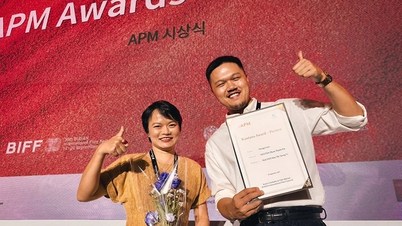












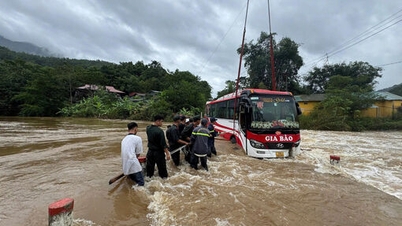

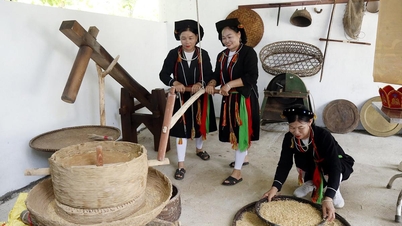

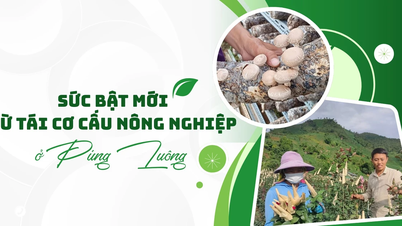


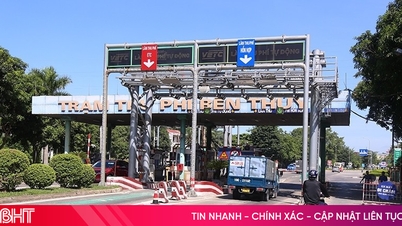














Comment (0)